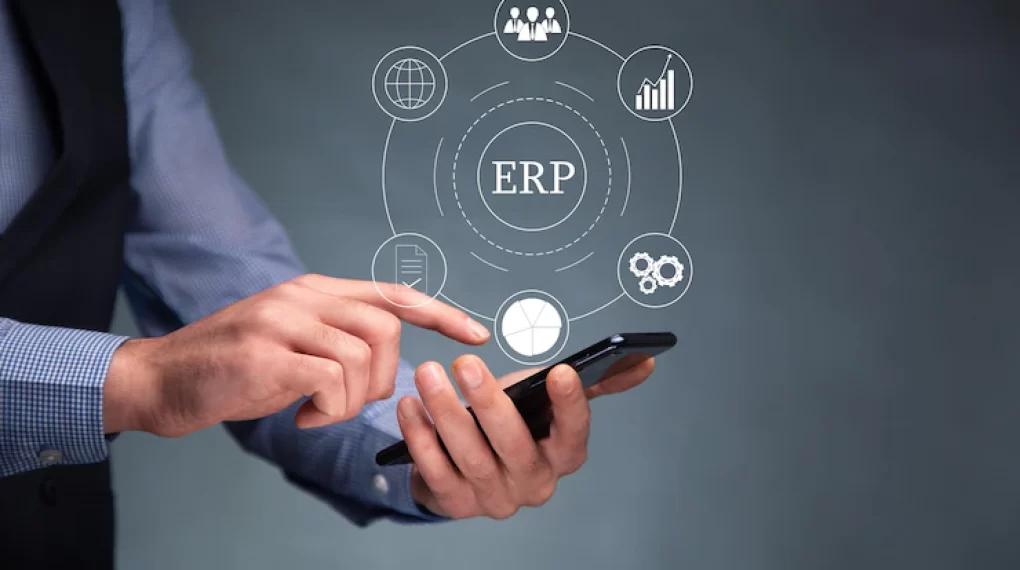
For the last few years, eCommerce has spread over the world at an exponential rate. How can we forget the time of COVID, when there was lockdown everywhere? That was when everyone preferred to buy things while sitting at home.
Even the governments of the time recommended people utilize the facilities of eCommerce platforms. And all of these campaigns brought amazing results.
People started using eCommerce, and the sales were boosted from 2 to 5 times. From the reports, it’s pretty clear that eCommerce is a leading business platform. All the businesses showed drastic results after acknowledging the fact.
A simple example is Amazon – an eCommerce platform. It simply represents the power of eCommerce. It can make you a billionaire. Who doesn’t want to be a billionaire?
So sign up to read MyDepot’s Ecommerce Guide and be a billionaire.
Know More About E-Commerce
The word eCommerce refers to the modern and digital means of commerce. “e” stands for electronic and combines with “commerce,” which means commerce through an electronic medium.
In simple terms, it’s buying and selling something through digital platforms. It’s just not limited to it. But all the transactions and financial data exchange are a form of eCommerce too.
What Is ERP?

Enterprise Resource Planning (ERP) refers to the back-end software system. ERP is a crucial component of an eCommerce platform. ERP serves a vital role in providing a platform for tracking the back-end factors like the amount of product, delivery costs, manufacturing costs, sourcing agents, etc.
ERP Ecommerce Plays a Supportive Role in Ecommerce Integration
Components Of An E-Commerce Platform
Three components serve an entire eCommerce Platform.
- Back-end Factors: Sourcing agents (wholesalers), delivery agents, quality control agents, manufacturers, etc.
- Integration: it’s a UI, software, or system that connects the back-end and front-end components.
- Front-end Factors: Every eCommerce platform has a showcase for its inventory. It’s most likely the website, which acts as a front-end factor.
What Is E-commerce Integration?

“Ecommerce Integration is a revolutionized way to modernize commerce tracking systems.“
Ecommerce integration is a connection between the front-end portion of an eCommerce platform and the back-end factors.
The Importance Of Ecommerce Integration
Ecommerce Integration is vital in organizing the business as everything is kept on track. Nothing can be moved out of the track.
Back-end supportive units utilize the facilities of eCommerce integration to ensure their work is visible to front-end units. In this way, all the employees perform their work efficiently. It eventually leads to the growth of the company.
Benefits Of E-commerce Integration System

Ecommerce integration has a lot of benefits. It’s more than a beneficiary as it has just renovated eCommerce platforms. In this blog, a limited number of those benefits are discussed.
1. Modern Tracking Methodology
Ecommerce platforms have a lot of things to be arranged, entered into data form, and tracked. Ecommerce Integration helps both back-end and front-end units build a great connection.
Front-end units can track all the things from back-end units. Similarly, back-end units can identify which items should be kept on track for front-end units.
This modern tracking methodology also has excellent benefits.
- It reduces the chances of corruption. Everything is kept on track. No one can drag or change anything.
- It reduces the worries and tensions for the companies and their management staff.
- It makes the process simpler.
2. Automated System
Ecommerce Integration provides a simple UI (a software design) that makes things easier to put into the form of data. Changing prices, availability, and other details become very simple.
Automated systems have a great benefit: they “save time greatly.” There’s no need to put all the data manually into registers, which would take months. And bucks too.
3. Accurate Checking
The software or UI provided as a template for the system of eCommerce integration serves as an accurate calculator for the things in the directory. It shows the quantities of items very accurately.
Back-end units can easily identify which of the teams in front-end units are lacking in quantity. After that, they immediately take action and start manufacturing that product.
Problems Of ECommerce Integration System

Indeed, eCommerce integration has a vast number of benefits. It increases the eCommerce platform’s efficiency without adding extra resources. The system is speechless! But it’s not easy to achieve. Here are some problems in setting up an eCommerce integration system.
1. Lack of Availability of Modern Systems
Modern systems aren’t necessarily present in every corner of the world. Because of this reason, most companies sometimes fail in integration. The world has been renovating day by day, and we can hope it’s very soon that modern technology will reach every corner of the world efficiently.
2. Training of the Staff
Companies have always been challenging to train their staff according to modern and digital means. Similarly, it’s not as easy to train the staff for eCommerce integration though it’s not impossible.
It can be done using a mind map to show how the system works. It’ll make each worker acknowledge the importance of the system.
3. Flexibilities
It’s necessary for an eCommerce platform or a company to be strict about the integrations. There shouldn’t be any space for flexibility in the data. Everything must be 100% accurate.
The modern world has been working on improving all of these problems. And one day, we’ll have a better eCommerce system.
The Bottom Line
All the businesses accepting and occupying modern ways are successful. That’s why we need to step up. Forming an eCommerce platform is one of the best ways to do so. From the above, you have learned what things are required for eCommerce. And how things are integrated with eCommerce integration.
Read Also:






